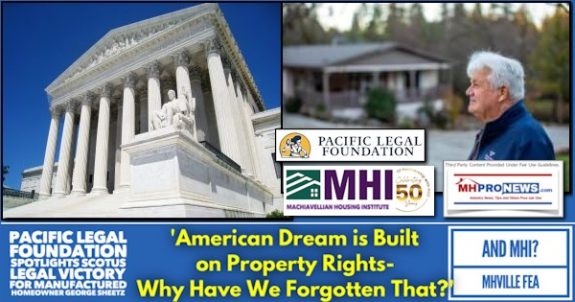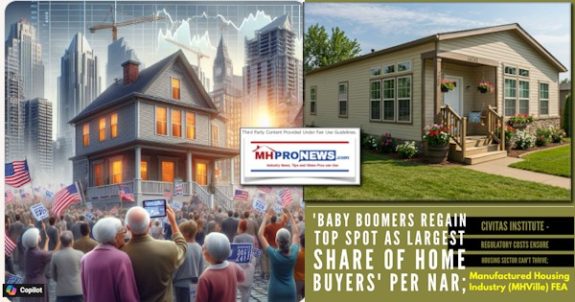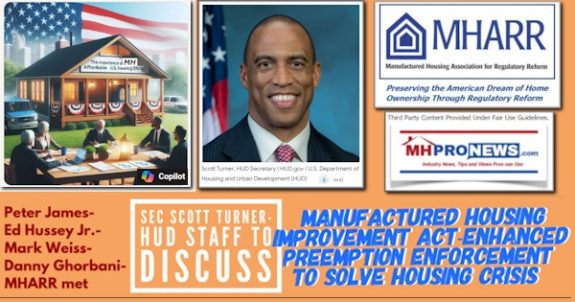With more than two decades of advocacy experience in grassroots development, strategic fundraising, and policy communications, Gay Westbrook joins MHI as Vice President of Political and Public Affairs. She is responsible for developing, promoting and executing MHI’s legislative and political priorities through increased industry participation in MHI-PAC, as well as strengthened coordination with State Association executive directors to advance MHI’s legislative, grassroots, and fundraising initiatives at the state level.
Prior to joining MHI, Westbrook was Vice President of Government Relations at the Brick Industry Association (BIA) for nearly four years. She managed and directed BIA’s grassroots lobbying initiatives and political action committee, Brick PAC, increasing fundraising 88 percent in the 2010 election cycle. She also formulated and led Congressional advocacy programs for federal legislative and regulatory issues impacting the clay brick industry, serving as chief lobbyist on behalf of brick manufacturers, distributors and suppliers.
Westbrook worked in the U.S. Senate for more than seven years, managing two respective Senate Leadership offices chaired by former U.S. Senator Kay Bailey Hutchison of Texas. She served as Deputy Director of the Senate Republican Policy Committee for two years, developing and executing policy programs to provide legislative analyses for Senators and their staff. For five years, she was Staff Director of the Senate Republican Conference Vice Chairman’s office, directing efforts to build strategic support and communications to enact the Conference’s legislative agenda.
A native Texan and graduate of Baylor University’s Hankamer School of Business, Westbrook began her career with more than a decade of advancement at one of Fortune’s “Power 25” advocacy groups. As Legislative Representative for the National Restaurant Association, she directed federal legislative activities on small business, trade, health care, and food safety issues for the business association representing an industry then-comprised of 11.3 million employees with a $1 million political action committee.


























